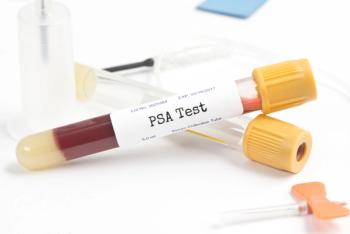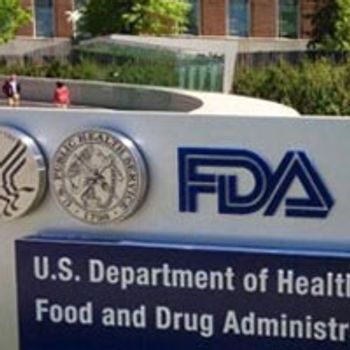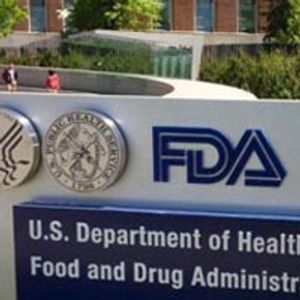
Five-year data shows lasting benefit for patients with advanced gastroesophageal cancers treated with nivolumab and chemotherapy.

Five-year data shows lasting benefit for patients with advanced gastroesophageal cancers treated with nivolumab and chemotherapy.

Sattva S. Neelapu, MD, notes that axi-cel is a highly effective therapeutic approach for patients with relapsed/refractory indolent non-Hodgkin lymphoma.

Perioperative atezolizumab did not improve outcomes in patients with triple-negative breast cancer.

Adjuvant olaparib continued to show a strong efficacy benefit in patients with BRCA1/2 mutation–positive, HER2-negative high-risk breast, according to 6-year data from the OlympiA trial.

Patients with biochemically recurrent nonmetastatic hormone-sensitive prostate cancer who are responding well to an enzalutamide regimen may be able to stop treatment with an impact to their quality of life.

Nadofaragene firadenovec resulted in durable antitumor activity at 5 years in patients with BCG-unresponsive NMIBC either with carcinoma in situ or papillary disease.

For the first time, a new therapeutic regimen outperformed chemotherapy in improving overall survival in frontline urothelial cancer.

A database analysis showed that zoledronic acid led to a 64% reduction in fracture risk among patients with metastatic hormone-sensitive prostate cancer.

A retrospective study presented at the 22nd SUO Annual Meeting revealed that pelvic organ–preserving robot-assisted radical cystectomy allowed women to return to sexual activity post-surgery.

There is an association between increased prostate-specific antigen (PSA) screening and improved outcomes in younger African American patients.

Studies found that misinformation and bias is prevalent in YouTube videos about prostate and bladder cancer.

The FDA has approved the single-agent atezolizumab as a first-line treatment for patients with metastatic non-small cell lung cancer who have a high PD-L1 expression and no EGFR or ALK genomic tumor aberrations.

Dasatinib (Sprycel) has been approved by the FDA to treat pediatric patients with Philadelphia chromosome-positive (Ph+) chronic myeloid leukemia (CML) in chronic phase (CP).

Published: May 9th 2021 | Updated:

Published: November 10th 2017 | Updated:

Published: May 19th 2020 | Updated: